Are you gearing up for an exciting event and need to navigate the intricacies of contract negotiations? Crafting the perfect letter template can make all the difference in ensuring that your needs are clearly communicated and met. Whether you're securing a venue, hiring vendors, or managing sponsorships, having a solid starting point can streamline the process. Ready to dive into the details and arm yourself with the best practices for successful contract negotiations? Let's explore more!

Clear Event Details
Establishing clear event details is crucial for effective contract negotiation. The event location, such as the Grand Ballroom of The Hilton (capacity of 500 guests), must be defined. The event date, for instance, October 15, 2023, requires confirmation to avoid scheduling conflicts. Details regarding the event duration, typically from 6 PM to 11 PM, should be specified to outline service availability. Key elements like audio-visual setup, catering options, and decoration themes need clarity, with specific vendors or packages mentioned. Limiting factors, including payment terms, cancellation policies, and insurance requirements, should be outlined to protect both parties involved in the agreement.
Payment and Pricing Terms
Negotiating payment and pricing terms for an event contract involves several critical aspects. The total cost may depend on various factors such as venue rental (including specific locations like the Grand Ballroom at the City Center), catering services (offering packages for 100 to 500 guests), audiovisual equipment rental (featuring leading brands like Shure and JBL), and additional services (like security or event planning). Payment structure could include upfront deposits (typically 20-30% of the total), milestone payments (linked to specific dates), and final payments (due 7 days before the event date). It is essential to ensure that all terms are clearly defined, including payment methods (credit card, bank transfer); cancellation policies (refunding terms if the event is postponed, such as notice periods requiring a minimum of 30 days); and any additional fees (potential overtime charges if the event exceeds agreed hours). Clarity in these areas fosters a mutually beneficial agreement.
Cancellation and Refund Policy
The cancellation and refund policy is a critical term within any event contract, specifying the procedures and stipulations regarding event cancellation. Typically, a standard policy requires an event organizer to notify clients at least 30 days in advance for a full refund, thereby enabling efficient reallocation of resources for future events. In contrast, cancellations made between 15 to 29 days prior may incur a service fee, while cancellations less than 15 days before the event usually forfeit the entire payment. The policy must also address scenarios such as force majeure events (unforeseen circumstances like natural disasters or pandemics), which could allow for flexible refunds or rescheduling options. Ensuring clarity in these terms protects both parties' investments and fosters a transparent relationship throughout the planning process.
Responsibilities and Obligations
In event contract negotiations, clearly defining responsibilities and obligations is crucial for successful collaboration between parties. The event organizers must ensure venue selection aligns with the event's scale and requirements, while adhering to safety regulations enforced by local authorities, such as fire codes and capacity limits. Vendors, including catering services and equipment rental companies, are responsible for delivering high-quality products and timely setups on days leading up to the event. Clients must fulfill financial obligations outlined in the contract, including deposits and final payments, which are typically due 30 days prior to the event date. Additionally, insurance coverage must be secured by both parties to mitigate risks associated with cancellations or unforeseen circumstances, safeguarding investments in the event. Communication protocols and dispute resolution mechanisms should also be established to address potential conflicts that may arise during the planning process.
Intellectual Property Rights
Intellectual Property Rights (IPR) are crucial in event contracts, determining ownership and usage of creative works. In agreements related to live events, such as concerts and trade shows, clauses specifying IPR protect content, including logos, promotional materials, and recorded performances. These rights ensure that innovations and artistic expressions remain under the control of their creators, preventing unauthorized reproduction or distribution. Significant events like the 2022 Super Bowl showcased the importance of IPR, where artists maintain rights over their music and performances. Licensing agreements can be established, granting permissions while delineating boundaries of use, crucial for maintaining brand integrity and preventing legal disputes.

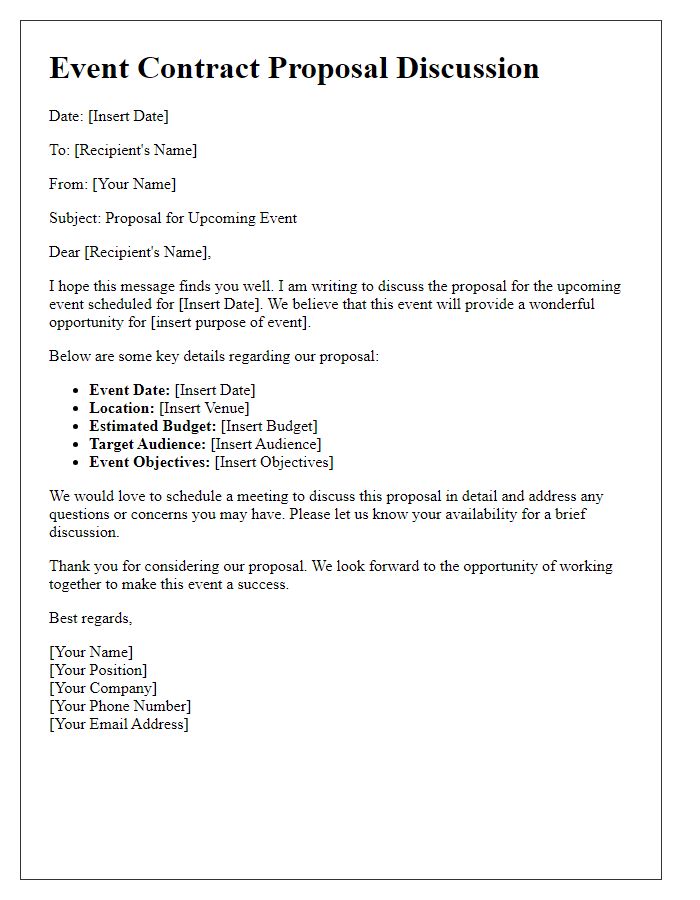
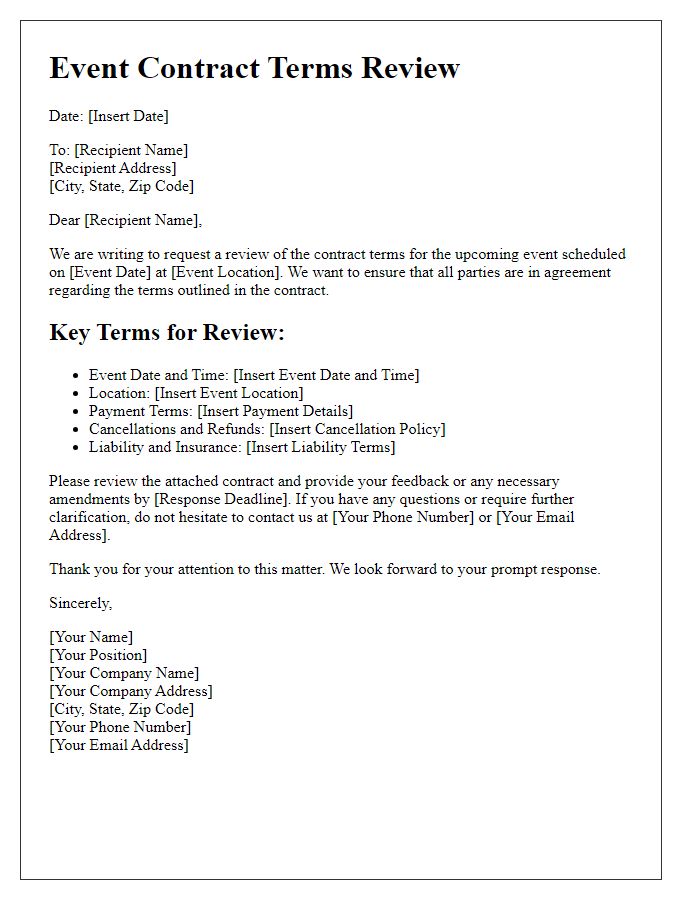
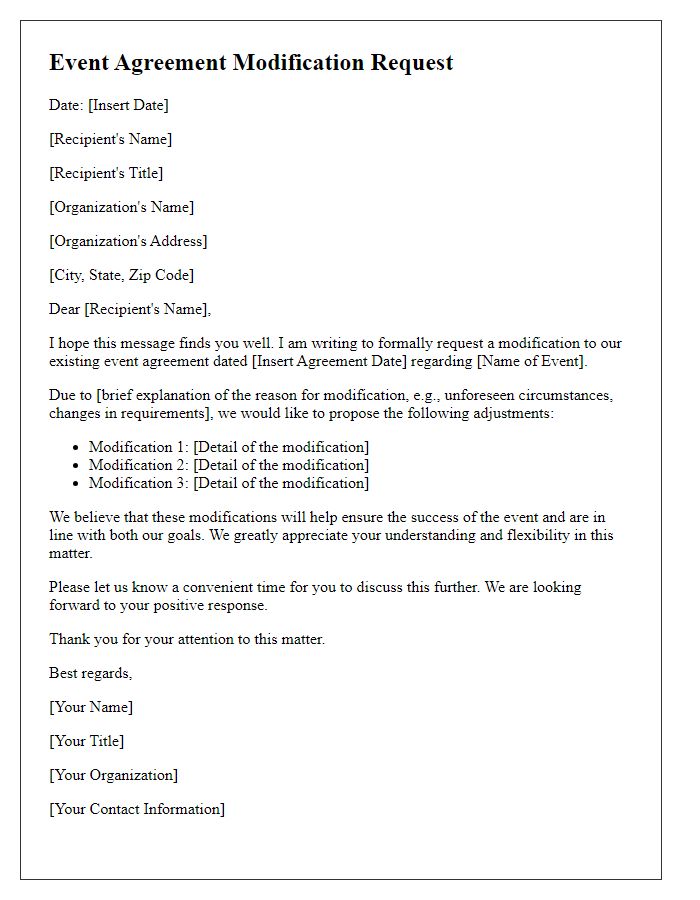
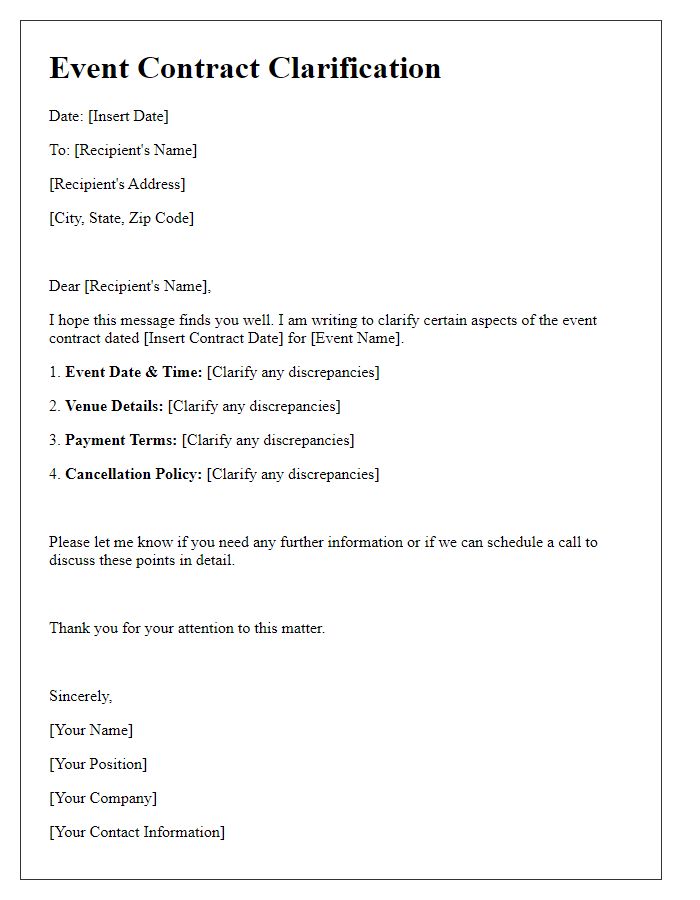
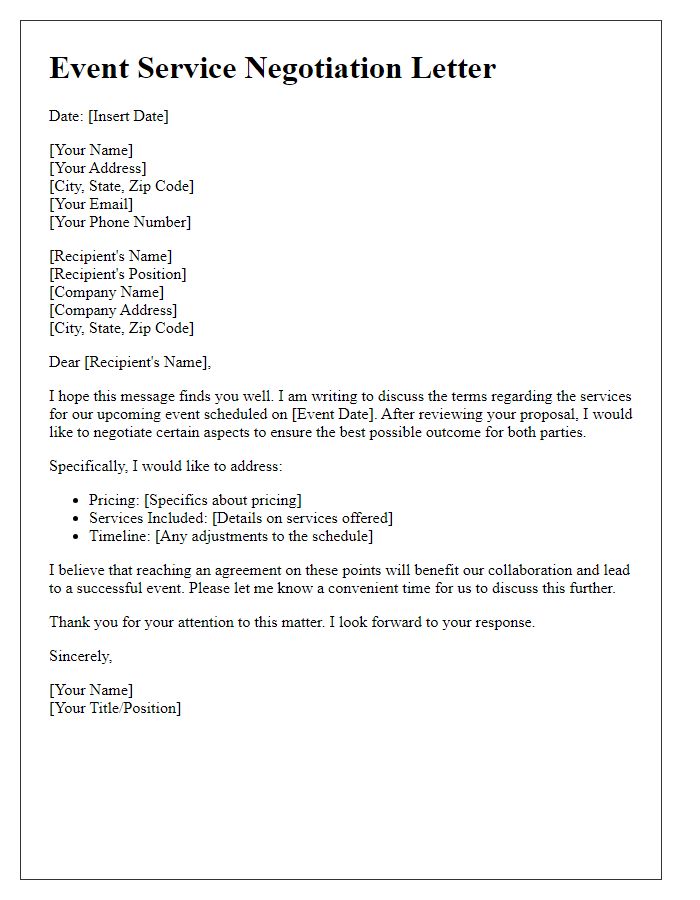
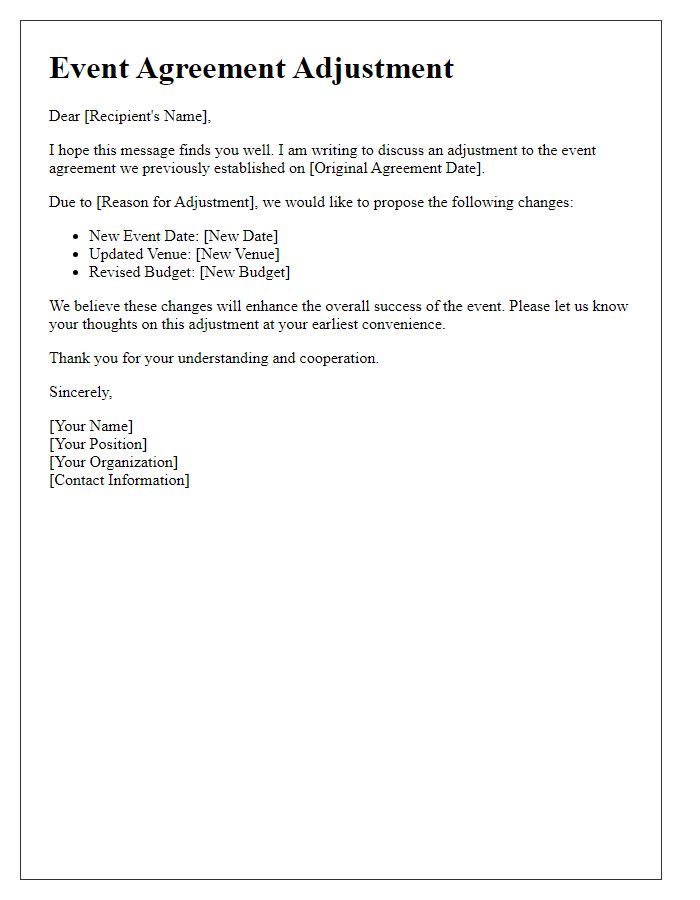
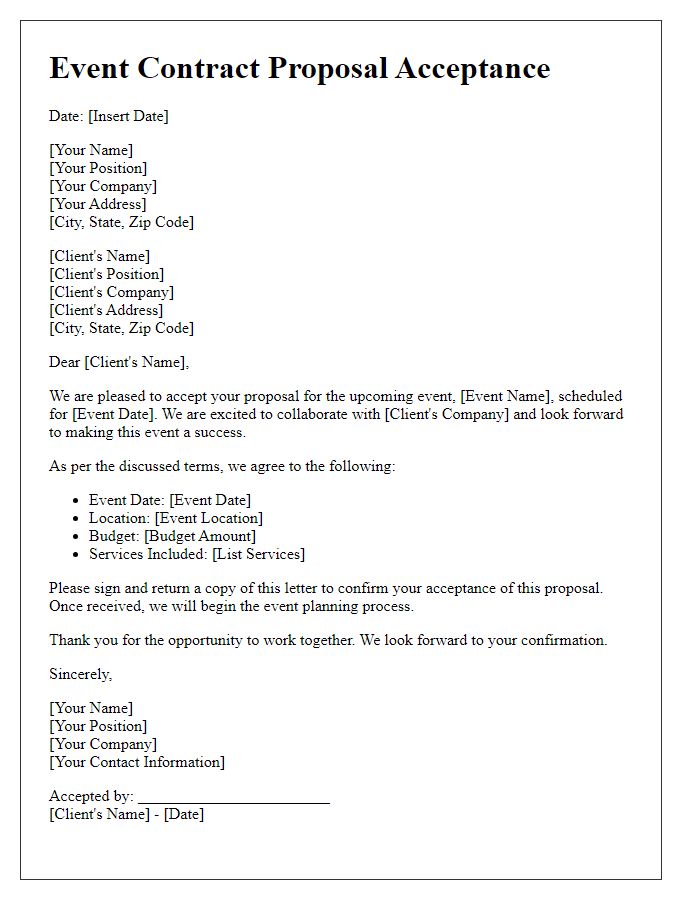
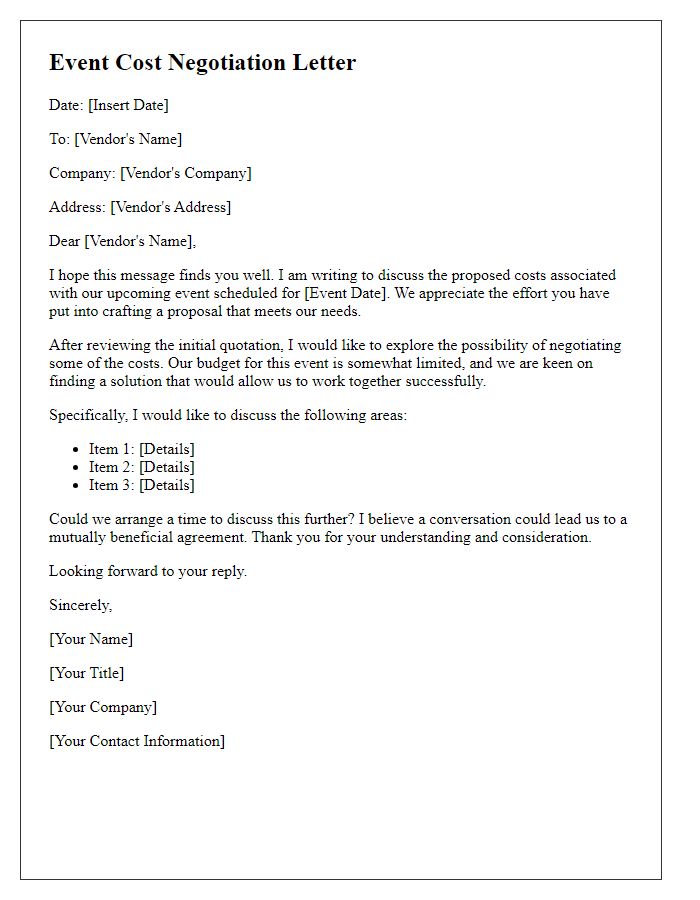
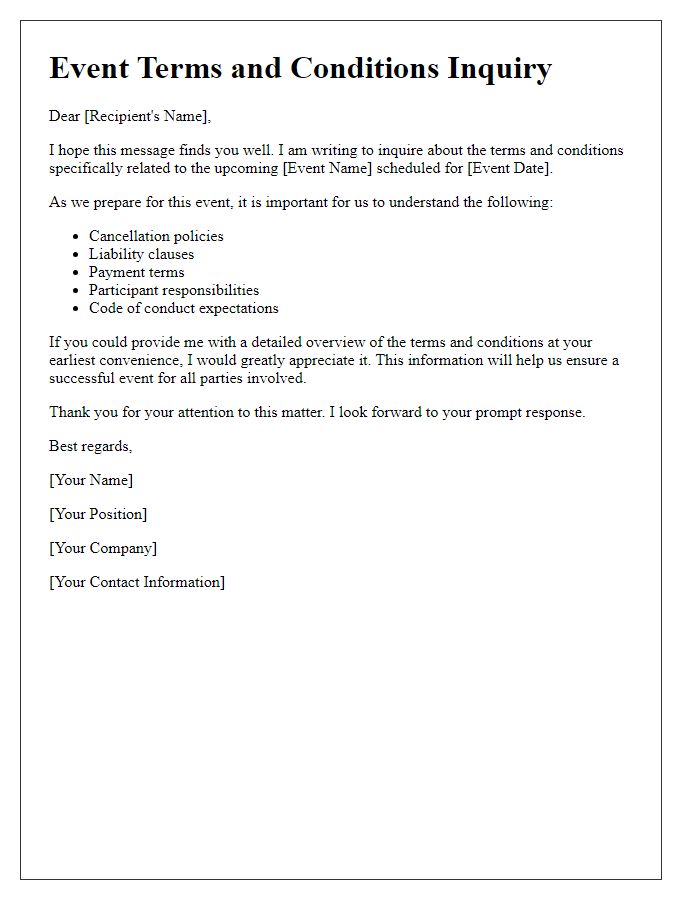
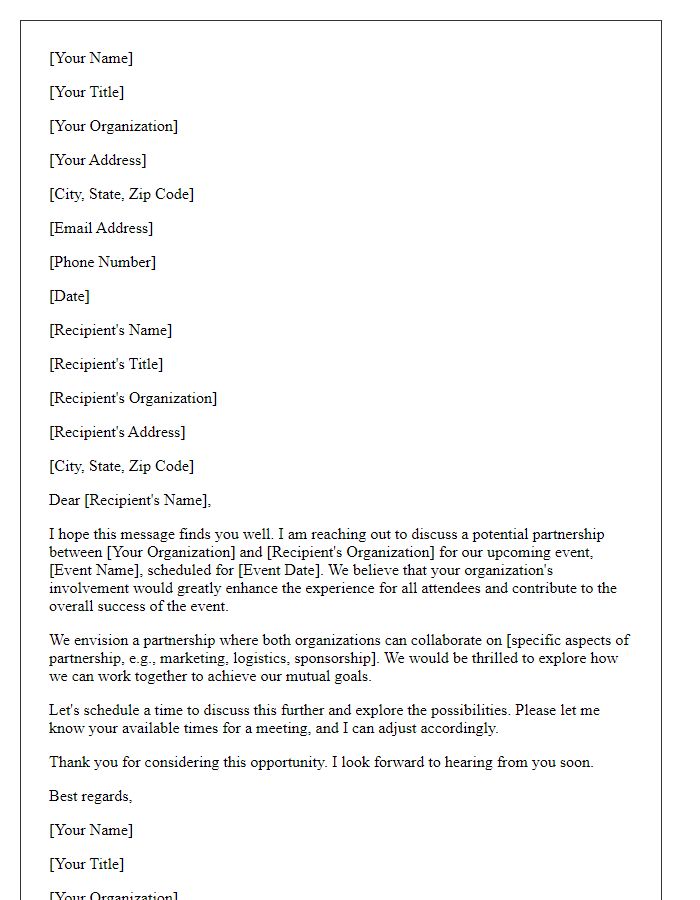


Comments